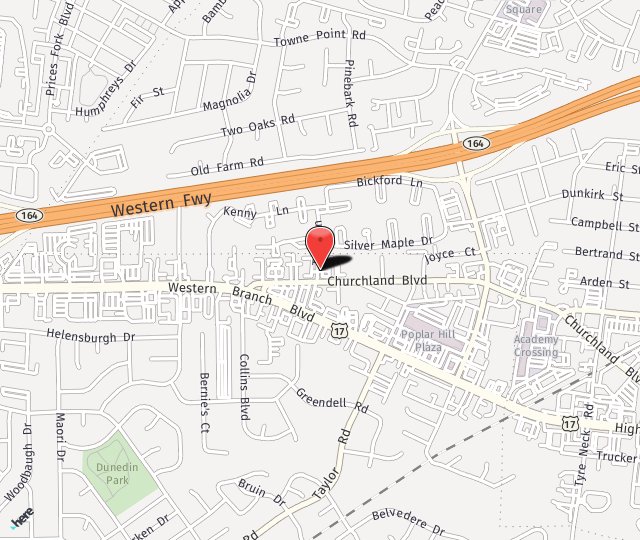Posterior capsular opacification (PCO) is the most frequent complication of cataract surgery. This condition affects 1 out of 4 patients within 5 years of undergoing cataract surgery. A posterior capsular opacification is also known as a secondary cataract.
During cataract surgery, the clouded lens in the eye is removed from the lens capsule and replaced with a clear, artificial lens called an IOL. Weeks, months or years after the surgery, some patients experience a loss of vision. This sometimes happens because the lens capsule becomes cloudy or wrinkled, blurring the patient's vision once again.
Symptoms Of A Posterior Capsular Opacification
Symptoms of a PCO are similar to the symptoms experienced with a cataract. They include:
- A gradual decrease of vision
- Vision that is blurry
- Glare around lights
- Sensitivity to sunlight
- Halos around lights
Diagnosis Of A Posterior Capsular Opacification
After a thorough medical examination of the eyes, the following tests may be conducted to confirm diagnosis:
- Dilated eye examination
- Slit-lamp
- Visual acuity exam
Treatment Of A Posterior Capsular Opacification
If an examination confirms that this is the case, and if the clouded capsule prevents the patient from functioning, then a posterior capsulotomy may be recommended. This procedure uses a YAG laser to open a window in the back of the lens capsule to restore clear vision. Posterior capsulotomy is a painless outpatient procedure that takes less than 15 minutes. Clearer vision is restored quickly. The improvement of vision depends upon the extent of the clouding experienced and the patients eye health. The patient should be able to resume normal activities almost immediately.
Southside Eye Care proudly serves Chesapeake, Norfolk, Portsmouth, Suffolk and Virginia Beach Virginia as well as the surrounding areas. For more information on Posterior Capsular Opacification call us at 757-484-0101 today or fill out our contact form for more information.

